News + Media
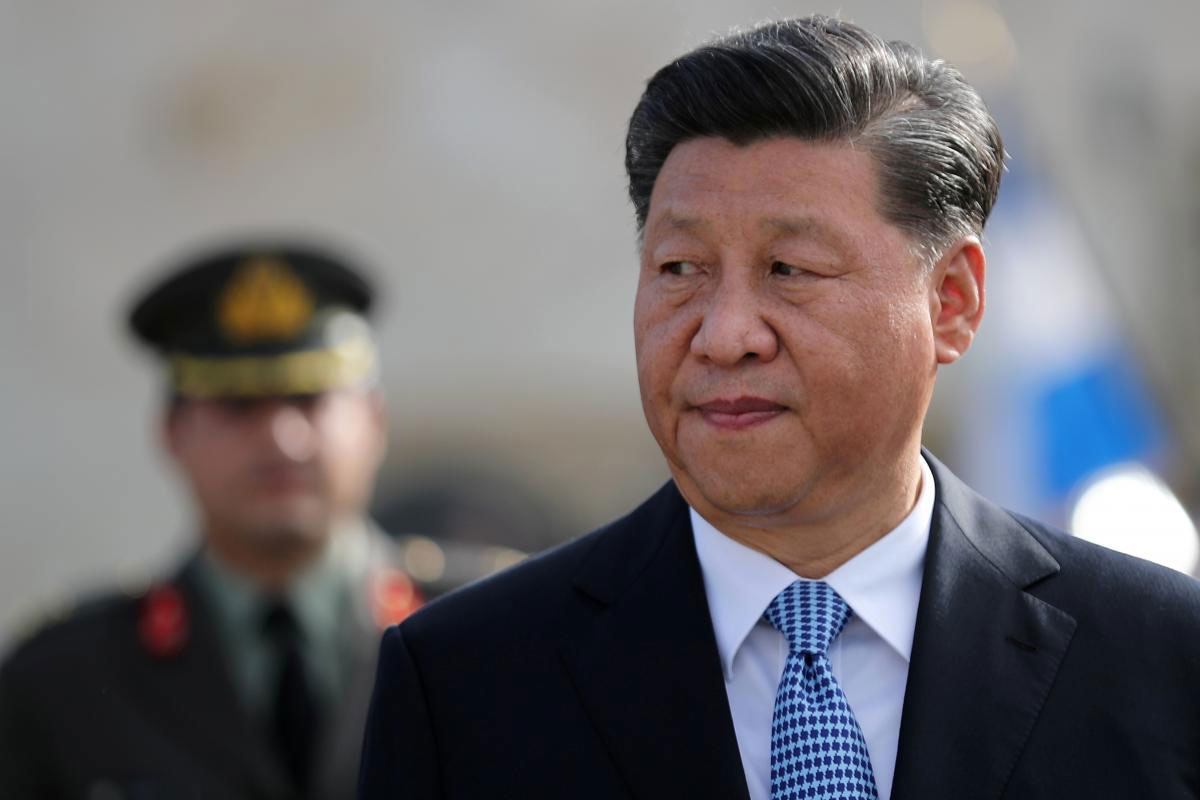 |
Analysis + OpinionOctober 19, 2021Is US foreign policy too hostile to China?Eric Heginbotham and Shivshankar MenonForeign AffairsForeign Affairs asks the experts about US foreign policy toward China and whether it has become too hostile. Participants were asked to state whether they agreed or disagreed with a proposition and to rate their confidence level in their opinion. Eric Heginbotham, a principal research scientist at the MIT Center for International Studies and Shivshankar Menon, a former CIS Robert E Wilhelm Fellow, were asked to weigh in. |
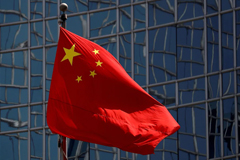 |
In the NewsOctober 19, 2021China’s test of hypersonic vehicle is part of a program to rapidly expand strategic and nuclear systemsEllen NakashimaThe Washington PostQuoted: The big takeaway, said M Taylor Fravel, director of the Security Studies Program at the Massachusetts Institute of Technology, is US-China dialogue about strategic stability “is incredibly urgent.” Developments are accelerating rapidly, he said, and “there just isn’t much communication about them between the US and China.” |
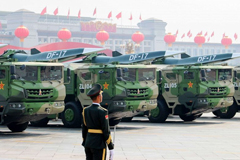 |
In the NewsOctober 19, 2021China's reported hypersonic weapon test raises security concernsLuis MartinezABC NewsQuoted: Taylor Fravel, the Director of the Security Studies Program at MIT, acknowledges that the new Chinese capability "does expose the limits of the US missile defense system" designed to counter ballistic missiles from North Korea and Iran," but he does not see a new Chinese glide vehicle as destabilizing. "Given the continued large gap in warhead stockpiles, whereby China possess only a fraction of those of the US this particular test should not upset the US-China nuclear balance or be destabilizing in that way," he told ABC News. "However, it underscores China’s determination to strengthen its deterrent, especially as amid the steep decline in US-China relations and long-standing concerns about missile defense," he added. |
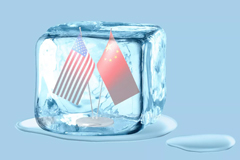 |
In the NewsOctober 19, 2021The new cold war panicBethany Allen-Ebrahimian, Zachary BasuAxiosQuoted: "The most important element of [US-China] competition globally is economics and economic capabilities, and not military power and military capabilities, which makes it different from the Cold War," M Taylor Fravel, a professor of political science at MIT, told Axios. |
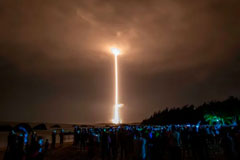 |
In the NewsOctober 16, 2021China tests new space capability with hypersonic missileDemetri Sevastopulo and Kathrin HilleFinancial TimesQuoted: Taylor Fravel, an expert on Chinese nuclear weapons policy who was unaware of the test, said a hypersonic glide vehicle armed with a nuclear warhead could help China “negate” US missile defence systems which are designed to destroy incoming ballistic missiles. “Hypersonic glide vehicles . . . fly at lower trajectories and can manoeuvre in flight, which makes them hard to track and destroy,” said Fravel, a professor at MIT. Fravel added that it would be “destabilising” if China fully developed and deployed such a weapon, but he cautioned that a test did not necessarily mean that Beijing would deploy the capability. |
 |
In the NewsOctober 14, 2021Apekshya Prasai and Aidan Milliff awarded USIP dissertation fellowshipsUSIPThe US Institute of Peace is pleased to announce the 2021-22 Peace Scholar Fellows. This year 115 applicants from 88 US universities applied for this prestigious award. The 18 award recipients demonstrated the greatest potential to advance the peacebuilding field and the strongest likelihood to inform policy and practice. Congratulations to Apakshya Prasai and Aidan Milliff for being among this cohort! |
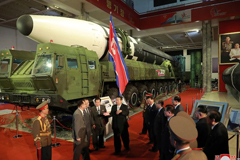 |
In the NewsOctober 11, 2021At exhibition showing off nuclear arms, N Korea displays apparent new weaponMichelle Ye Hee LeeThe Washington PostQuoted: Vipin Narang, a nuclear security expert at MIT, said the missile had a similar look to the Chinese hypersonic glider, the DF-17. “It’s very hard to tell publicly if the hypersonic missile is legit or how it performs. The intelligence community would have likely tried to characterize the [hypersonic glide vehicle] when it was tested, but the pictures released tonight are what North Korea wants us to see,” Narang said...“More generally, Kim wants to show us that his deterrent is not only ‘complete,’ but that he continues to work on improving survivability and penetrability against both [South Korea] and the US, like ‘normal’ nuclear powers do,” Narang said. |
 |
In the NewsOctober 10, 2021Thief, traitor, smuggler, scammer: How the west remembers AQ KhanChidanand RajghattaThe Times of IndiaQuoted: "I would submit his greatest accomplishment was in fact convincing everyone that he was actually a nuclear scientist when in fact he was just the world's most dangerous and brazen smuggler," Vipin Narang, Professor of Nuclear Security at MIT observed... |
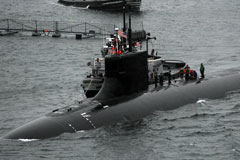 |
In the NewsOctober 8, 2021Here's what we can gather about the US nuclear attack submarine collision in the South China SeaHannah JoseABC NewsQuoted: Vipin Narang, a professor of nuclear security and political science at MIT, says we shouldn't hold our breath when it comes to the USS Connecticut. "It's totally unclear what hit it," he said. When asked about the possibility of it hitting an enemy submarine, he said he doubts we will ever know. "We likely won't know for sure for a while, if ever, on this one," Dr Narang said. "Not sure why we heard about this one — sometimes the damage is extensive enough that it's hard to hide," Dr Narang said. |
 |
Analysis + OpinionOctober 7, 2021In Europe's new humanitarian crisis, border security is prioritized over human rightsAda PetriczkoBoston GlobeThis new crisis is a stark reminder that the EU migration policy prioritizes border security over human rights. It is likely that pushbacks wouldn't have become such an obvious tool of choice now if they hadn't been widely practiced in Croatia, Cyprus, France, Greece, Italy, Malta, Slovenia, and Spain for the past five years with the silent approval of EU institutions. |



